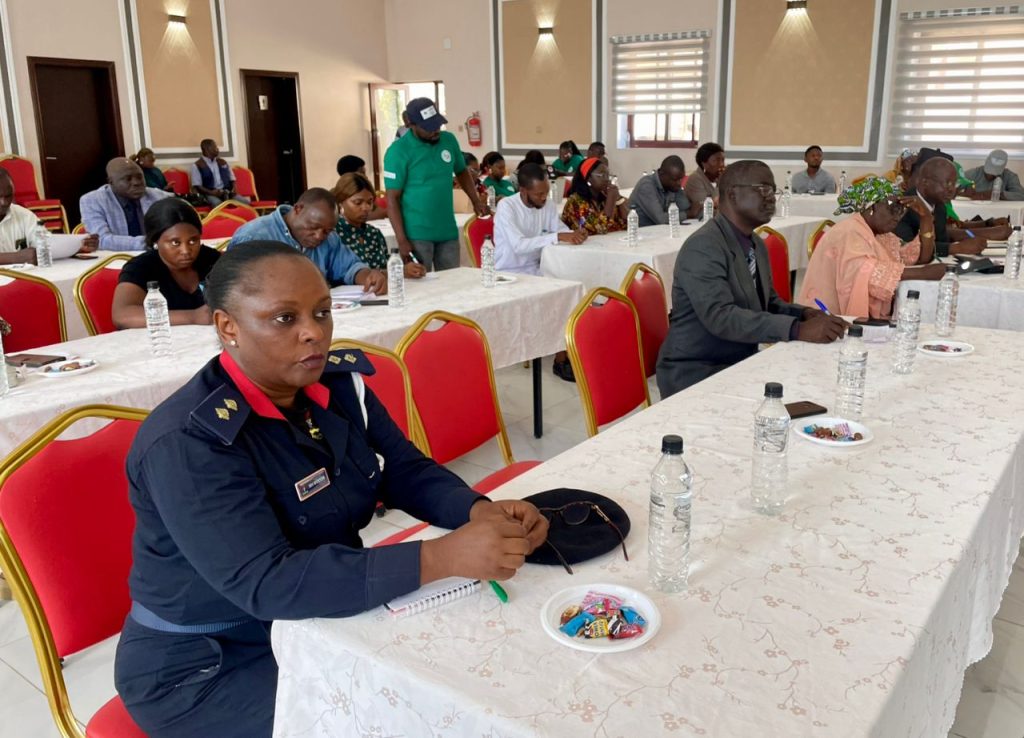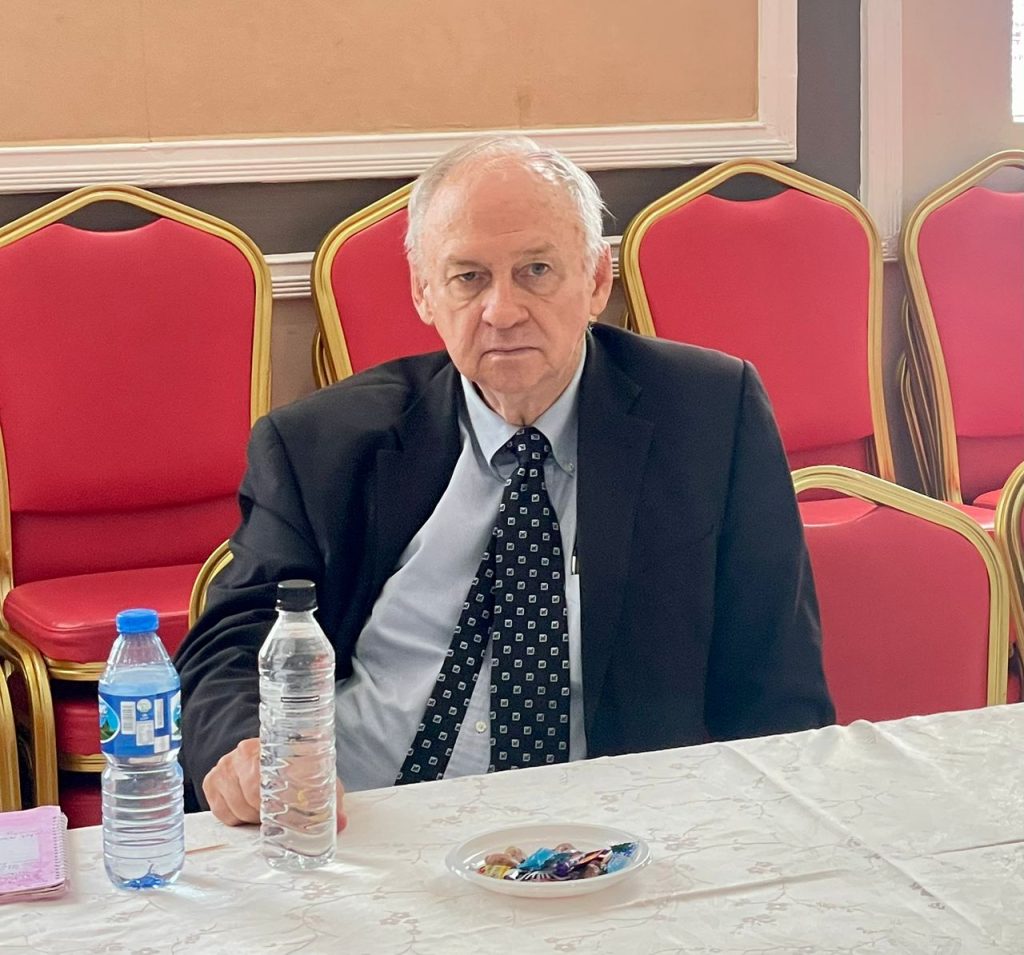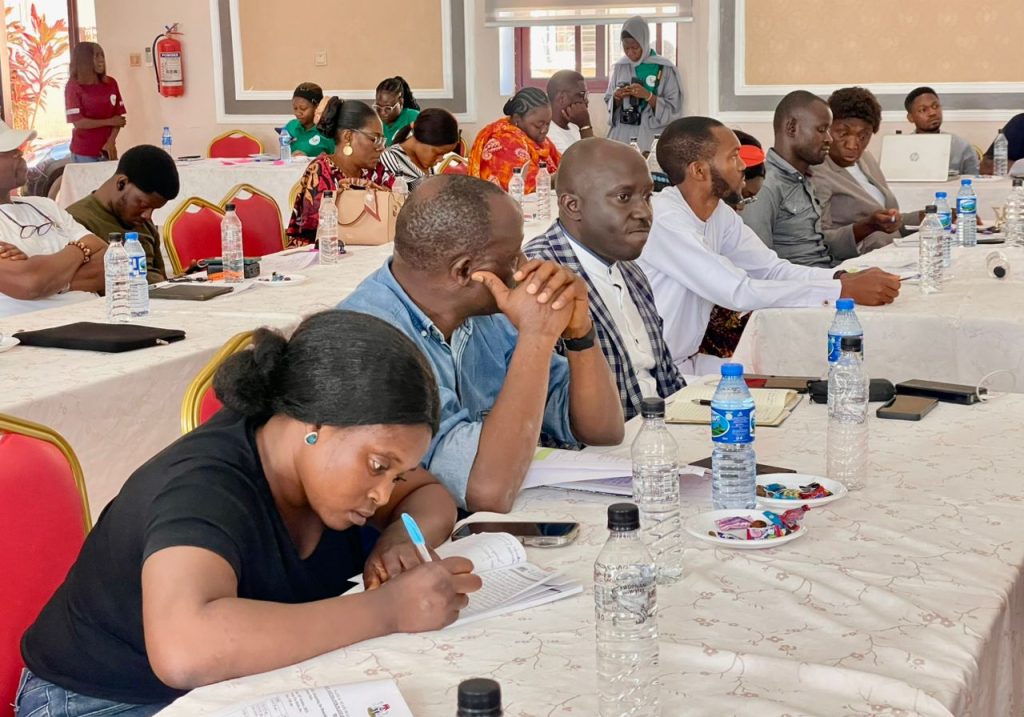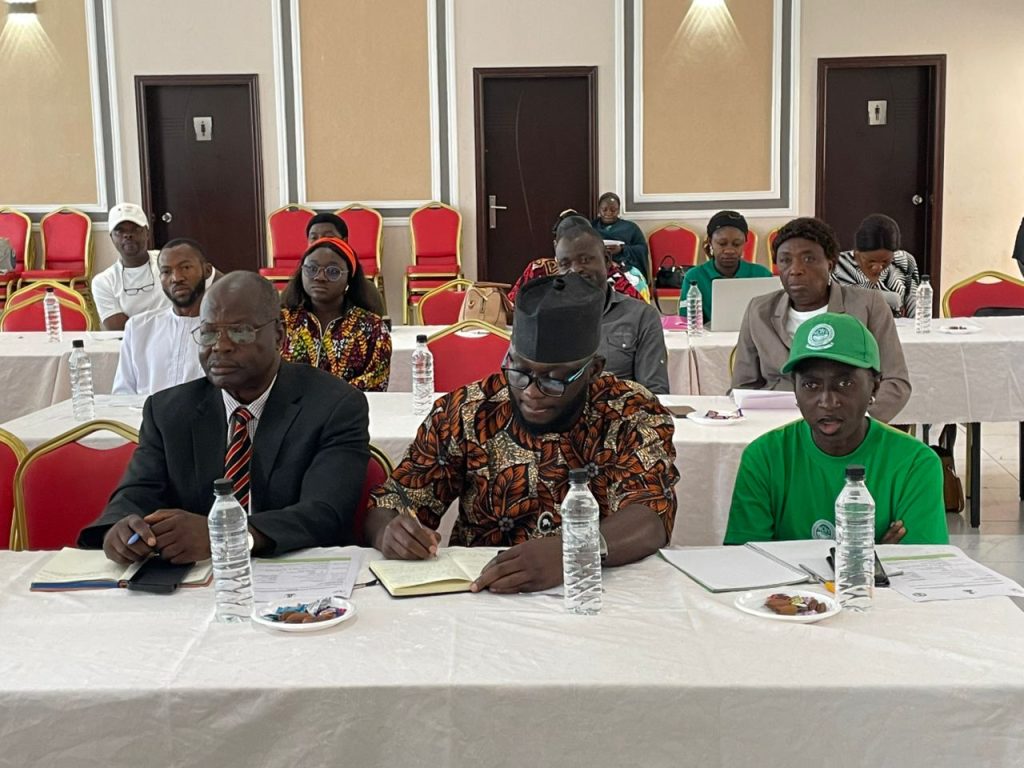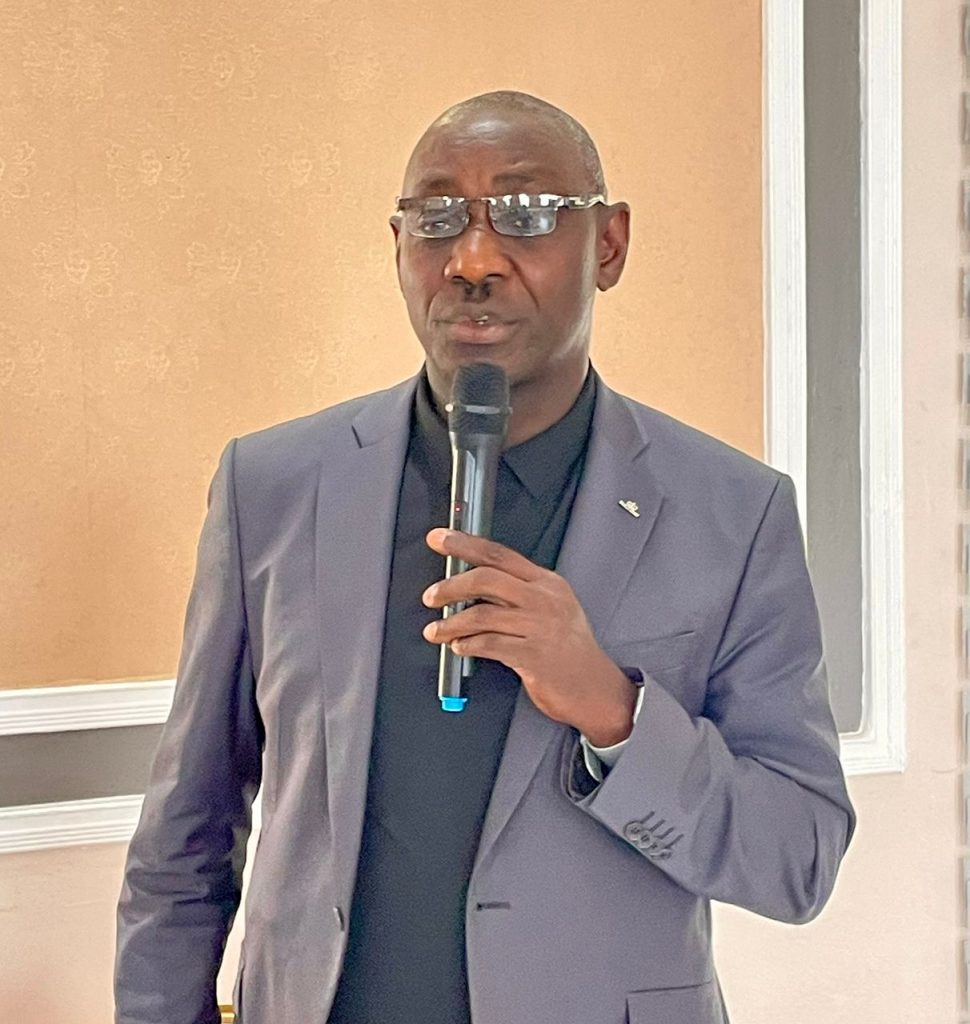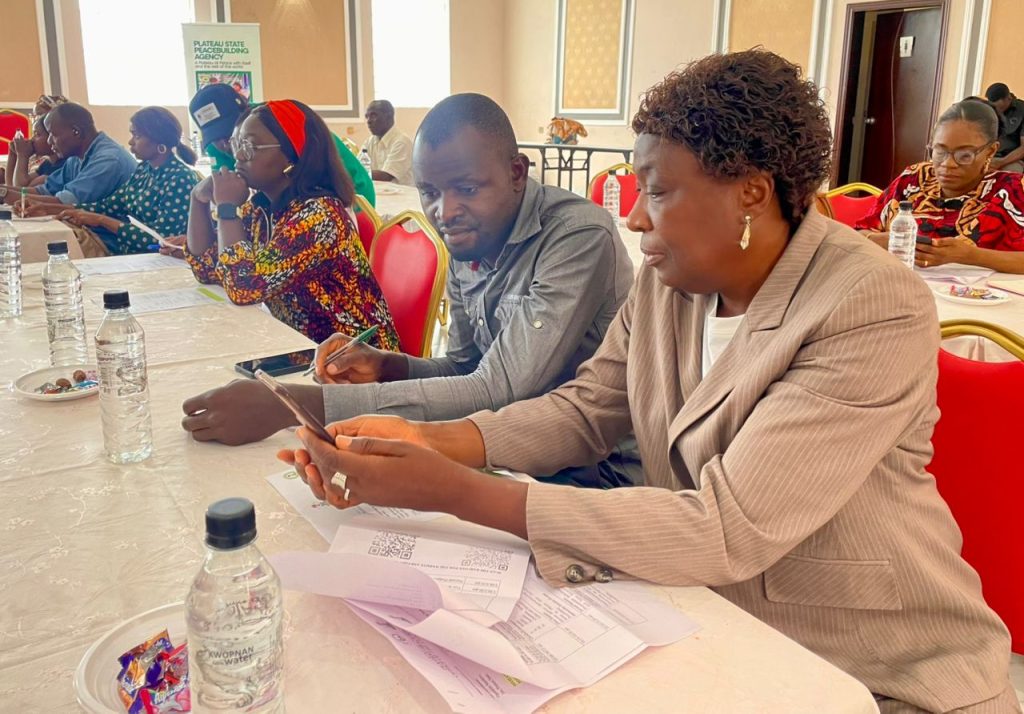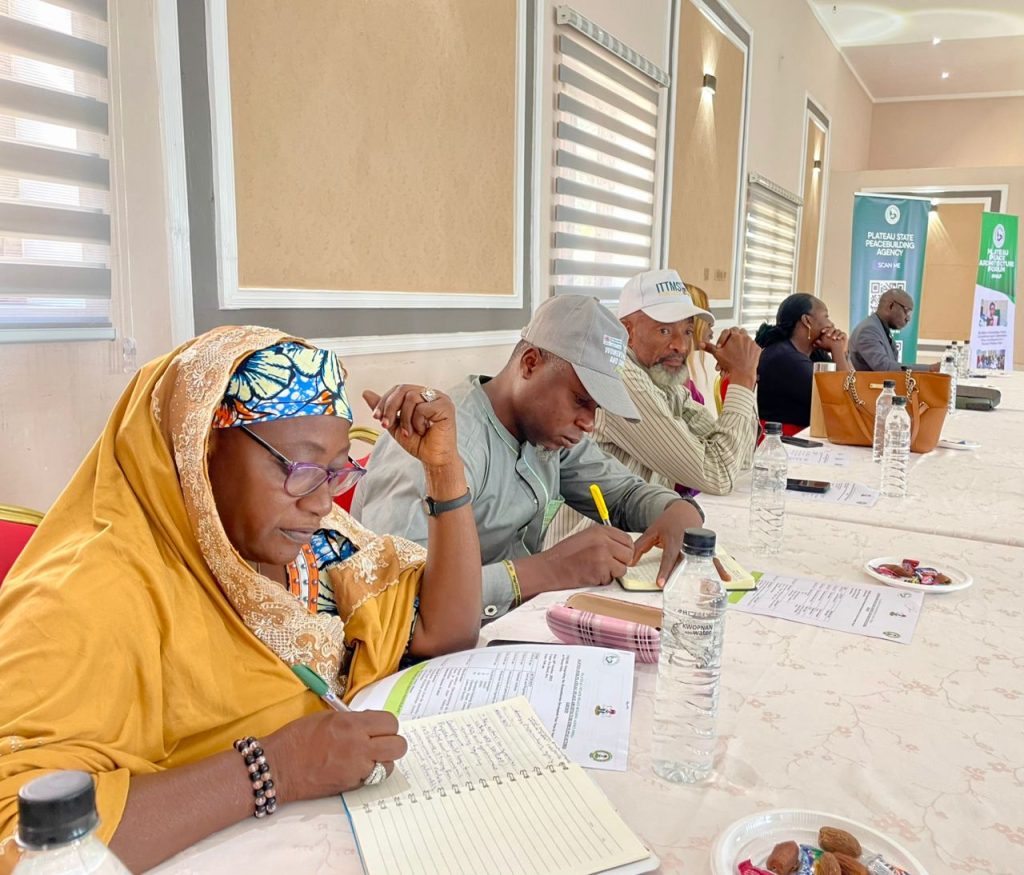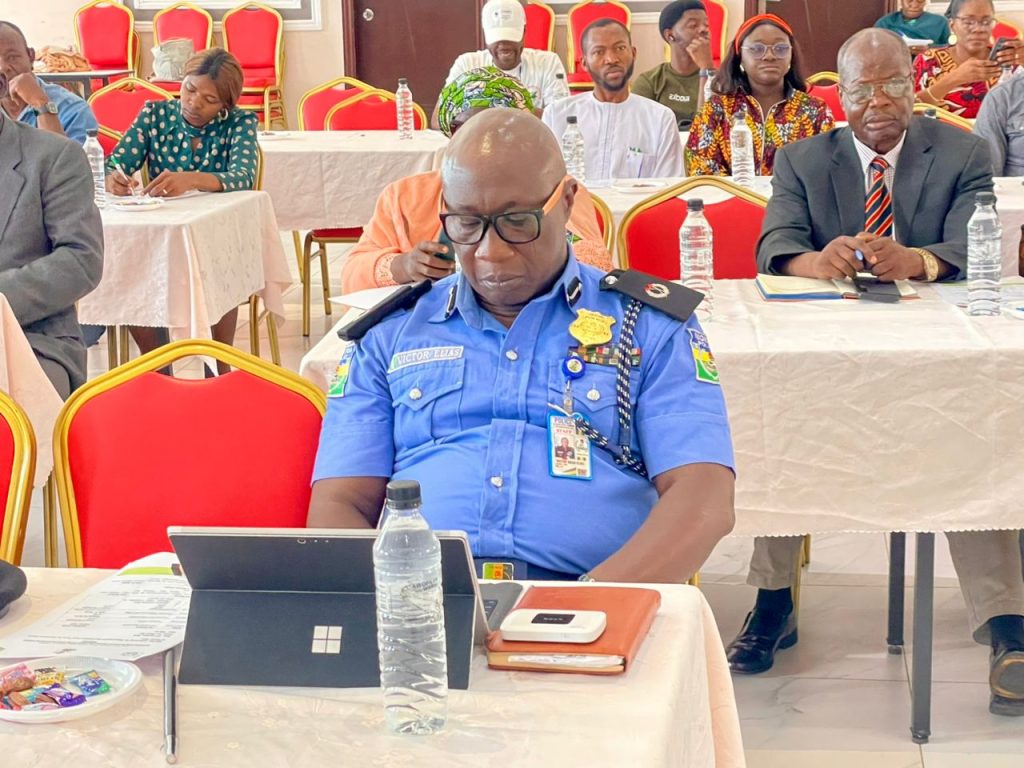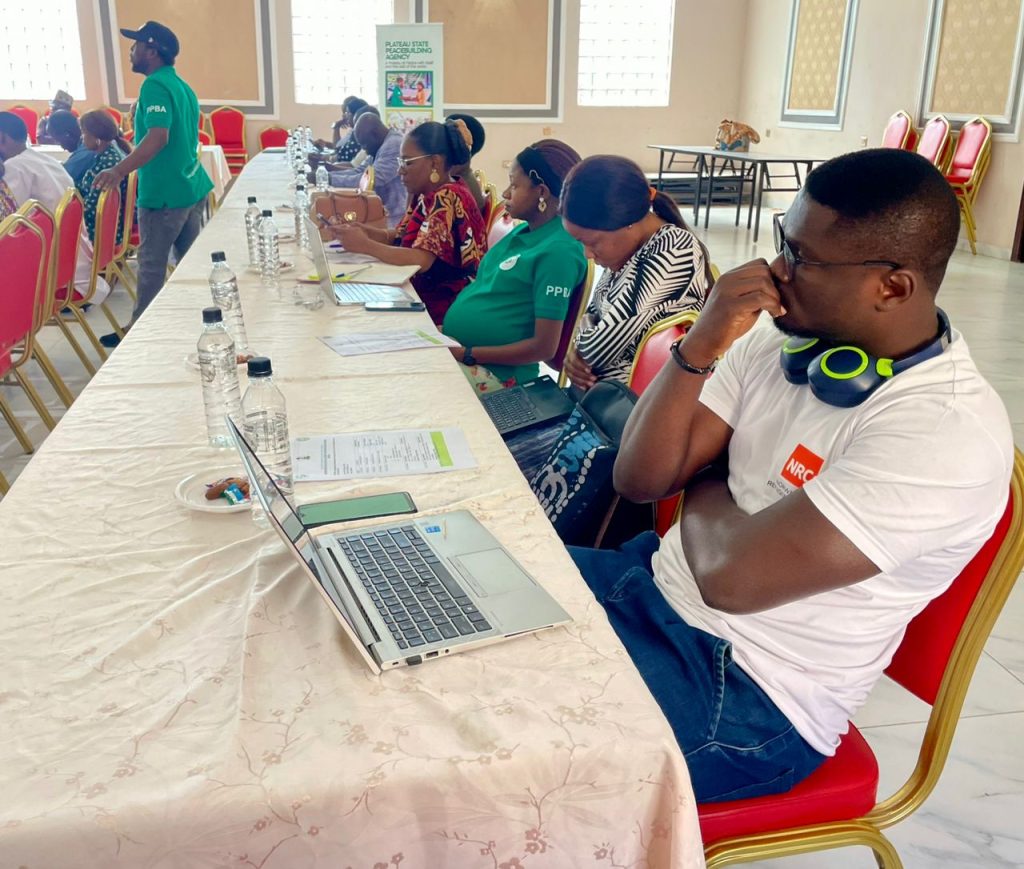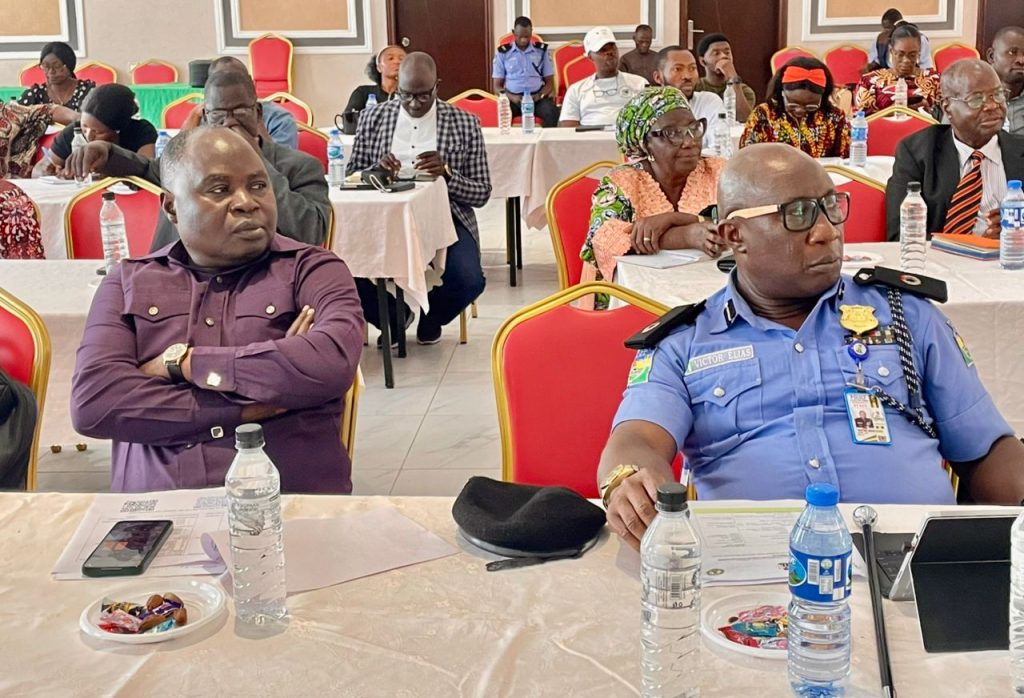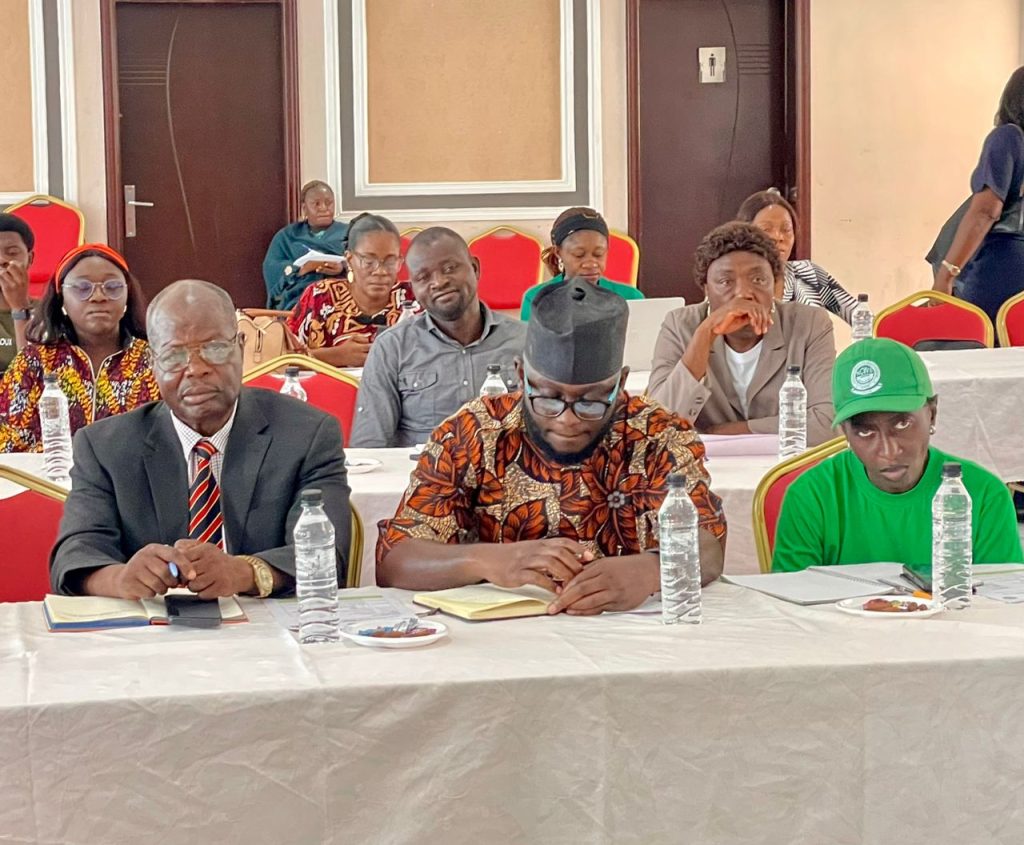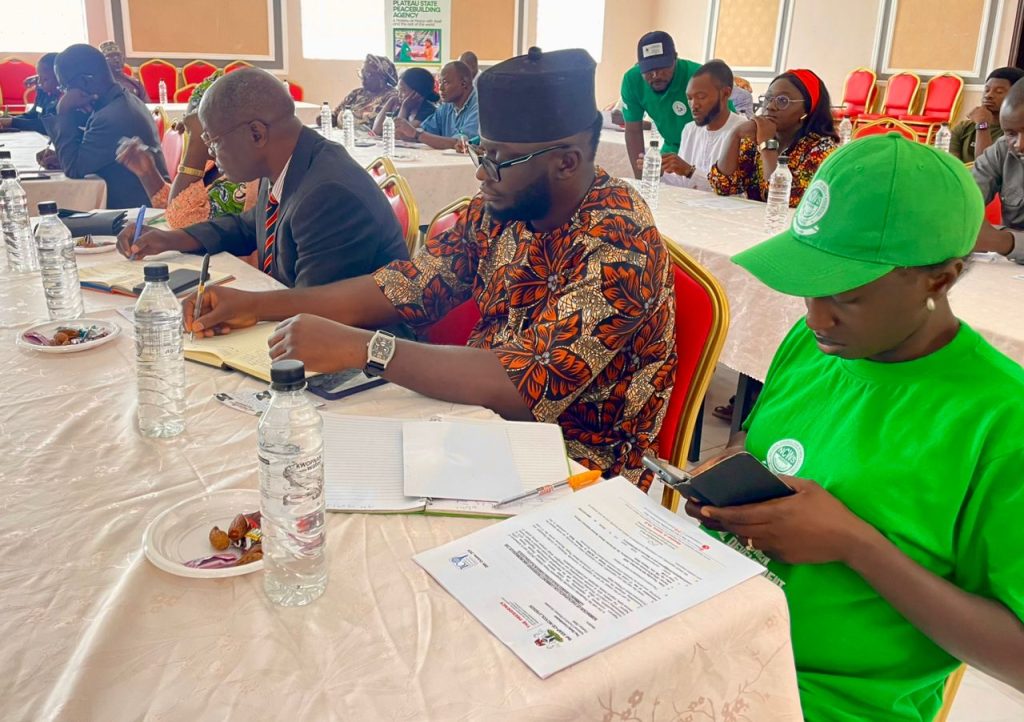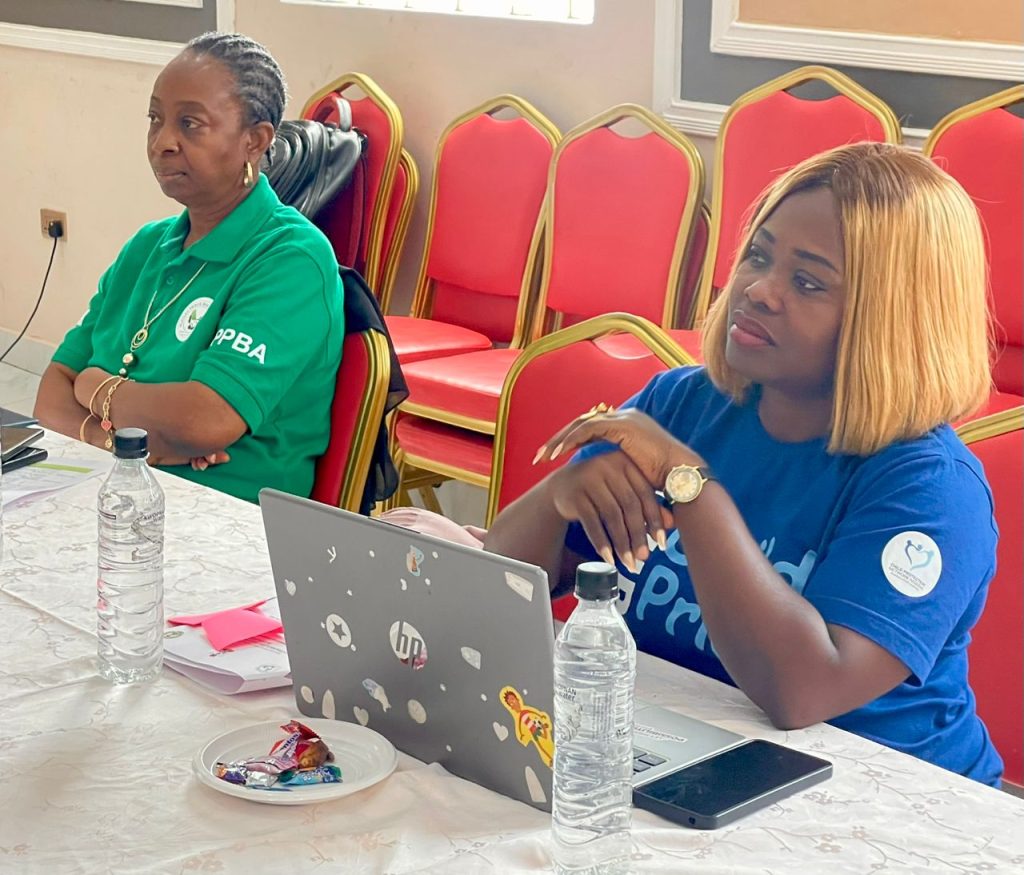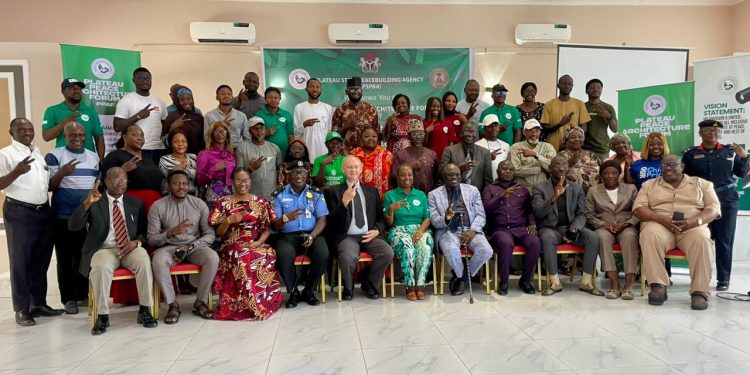Jos, Plateau State — October 30, 2025 — The Plateau State Peace Building Agency (PSPBA) has reaffirmed its commitment to driving a coordinated and sustainable peace agenda through the integration of humanitarian, development, and peace efforts across Plateau State. This came to the fore during the Plateau Peace Architecture Forum (PPAF) held at FOX Hotels, Jos, which brought together policymakers, peace practitioners, humanitarian actors, and development partners in a collective push for a more resilient and peaceful Plateau.
The forum, themed “Integrating the Humanitarian-Development-Peace (HDP) Nexus for Sustainable Impact in Plateau State,” served as a platform to enhance coordination mechanisms, share lessons, and forge strategic partnerships among key peace and development stakeholders.
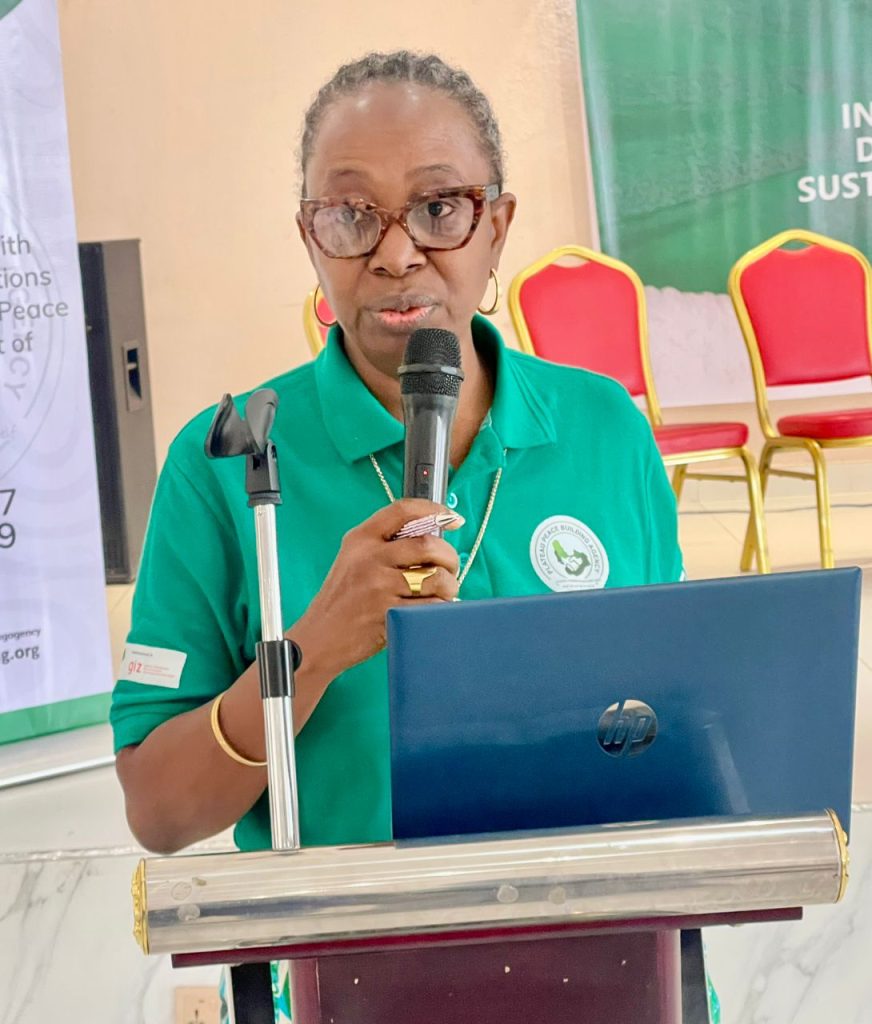
Declaring the event open, Dr. Julie G. Sanda, Director General of the Plateau Peace Building Agency, underscored the agency’s mandate in coordinating peacebuilding efforts that respond to real-time community needs. She emphasized that peace cannot be sustained without integrating social and economic recovery efforts, adding that the HDP framework offers a holistic model for addressing post-conflict realities across the state.
“Peace cannot thrive in isolation from development and humanitarian action,” Dr. Sanda stated. “For Plateau to remain at peace with itself and with others, we must pursue deliberate partnerships that connect trauma healing, livelihood restoration, education recovery, and resilience building.”
In her presentation titled “Reflections from the September HDP Nexus Workshop Proceedings – Lessons and Highlights,” Dr. Sanda explained that the agency’s coordination role extends beyond peace mediation to include collaboration with partners in education, child protection, emergency management, and the SDGs. She reiterated that true peacebuilding requires cross-sectoral synergy that empowers communities to recover and sustain long-term development.
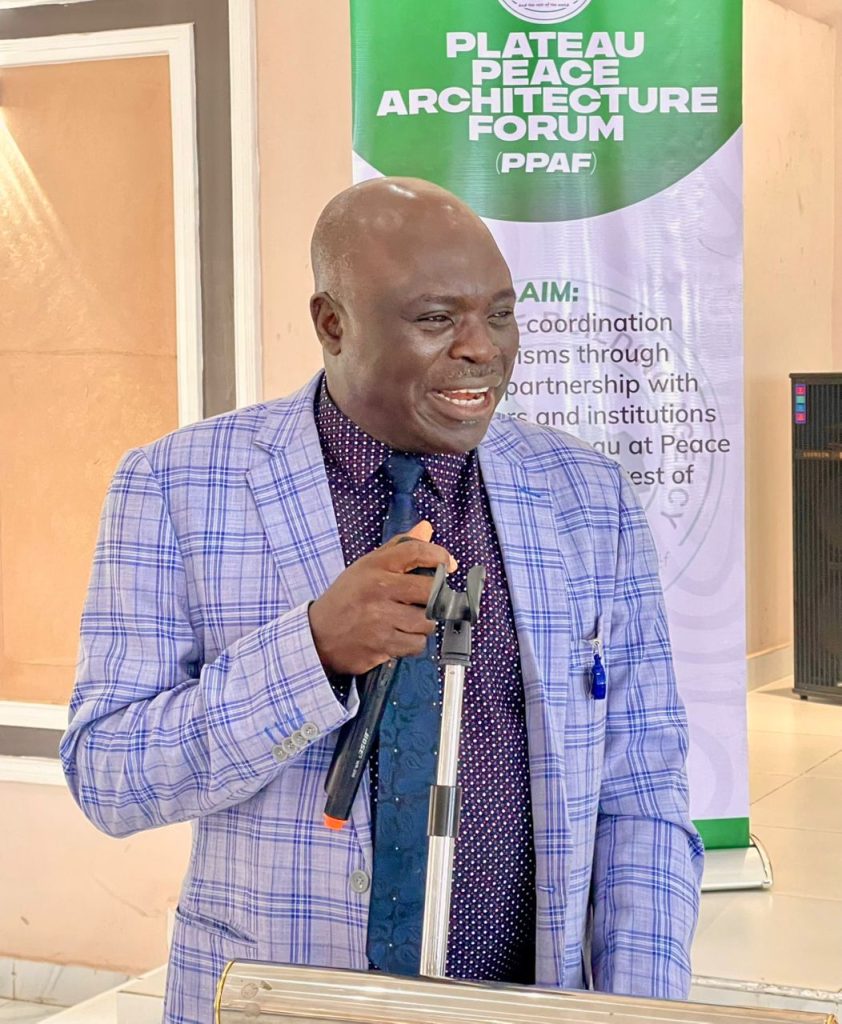
Delivering goodwill messages, Hon. Sam Godong, Director General of the Research Directorate in the Plateau State Government House, described the forum as a timely intervention aligned with the state’s broader governance agenda for peace, security, and development. Similarly, Dr. Tanko Davit of the National Institute for Policy and Strategic Studies (NIPSS) commended PPBA’s leadership, noting that the Plateau peace model is now influencing similar peace initiatives in neighboring Nasarawa State.
Also speaking, Mr. Brandon Fantis from the Centre for Humanitarian Dialogue (CHD) praised the agency’s coordination efforts and called for stronger collaboration among humanitarian and development actors. He noted that joint learning and partnerships are essential for sustaining peace dividends.
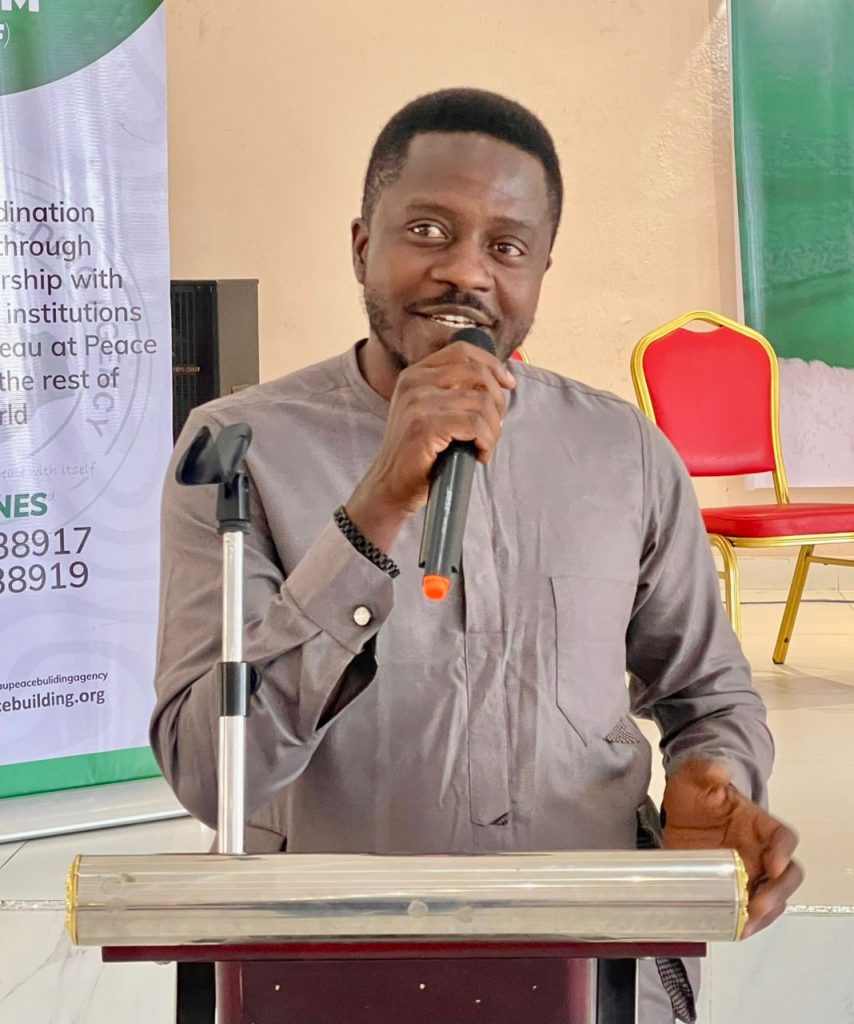
Representing the House Committee on Labour and Security, Mr. Mafeng Bot, who stood in for Hon. Joe Bukar, lauded PSPBA’s proactive role in convening the dialogue and urged continuous synergy among stakeholders to build durable peace and inclusive growth.
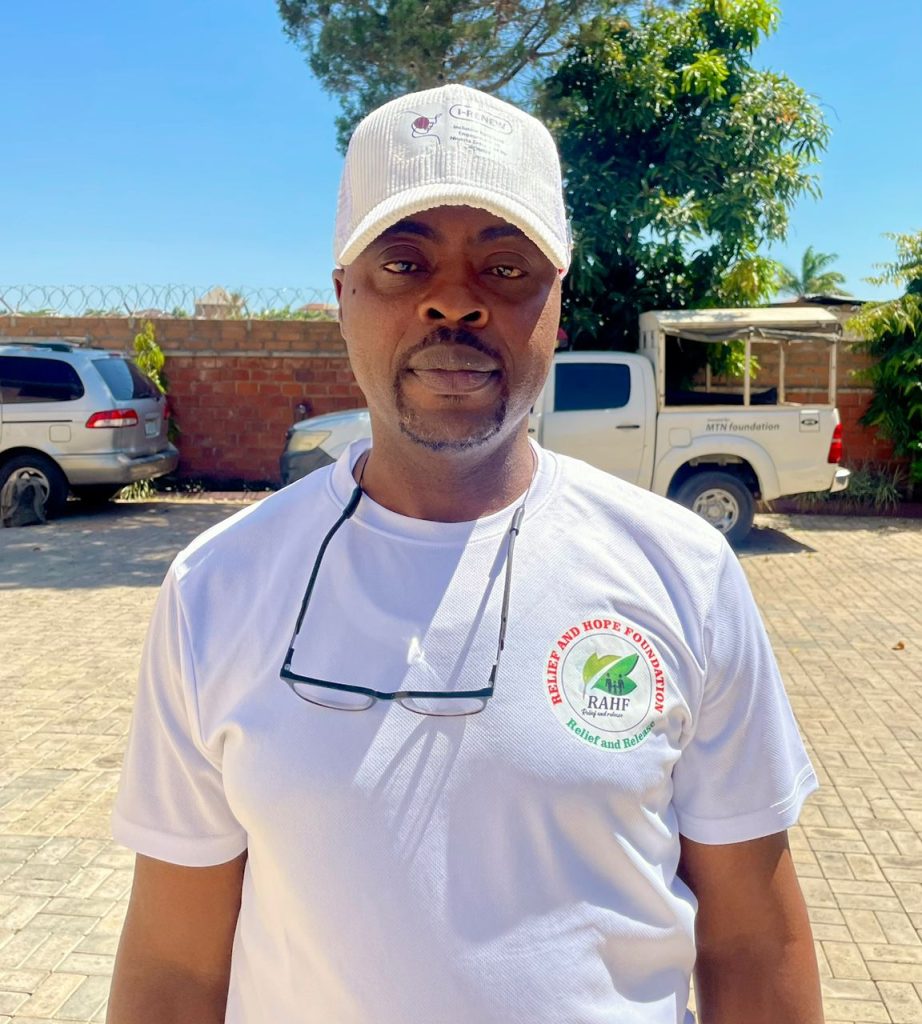
In his remarks, Nanman Bali, President of the Plateau Peace Practitioners Network, highlighted the forum as a groundbreaking platform linking humanitarian work with peacebuilding. He noted that the engagement created an avenue for practitioners to exchange ideas, share experiences, and strengthen multi-sectoral coordination for sustainable impact.
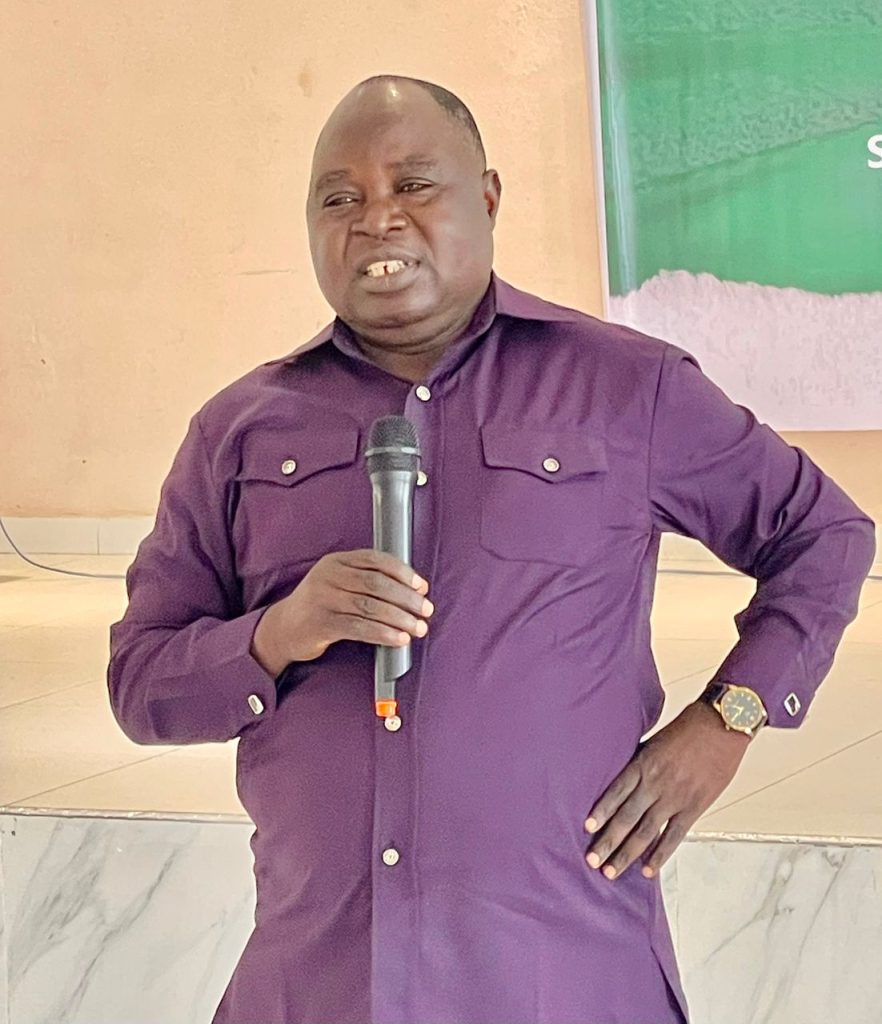
A keynote address delivered by Mr. John Danboyi of the Peace Training Centre on the topic “Operationalising the HDP Nexus in Plateau State: Pathways and Possibilities,” emphasized the importance of people-centered approaches and institutional collaboration. According to him, sustainable peace requires inclusive governance, resilient communities, and consistent investment in peace-supportive development initiatives.
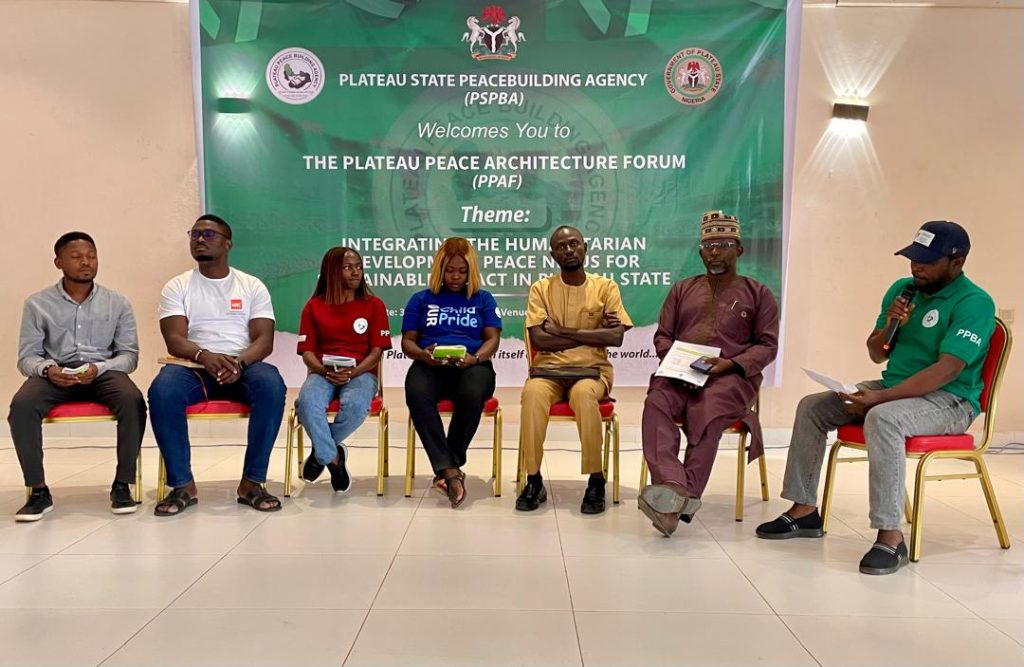
The forum also featured a panel session moderated by Mr. Nantip, focusing on “Integrating the HDP Nexus into Programme Design and Implementation.” Panelists drawn from PLASEMA, NRC, JDPC, CRADI, the SDGs Office, and the Child Protection Network discussed strategies to enhance coordination among HDP actors. They underscored the need for stronger community engagement, transparency, and measurable results in project delivery to ensure that interventions directly address the root causes of conflict and vulnerability.
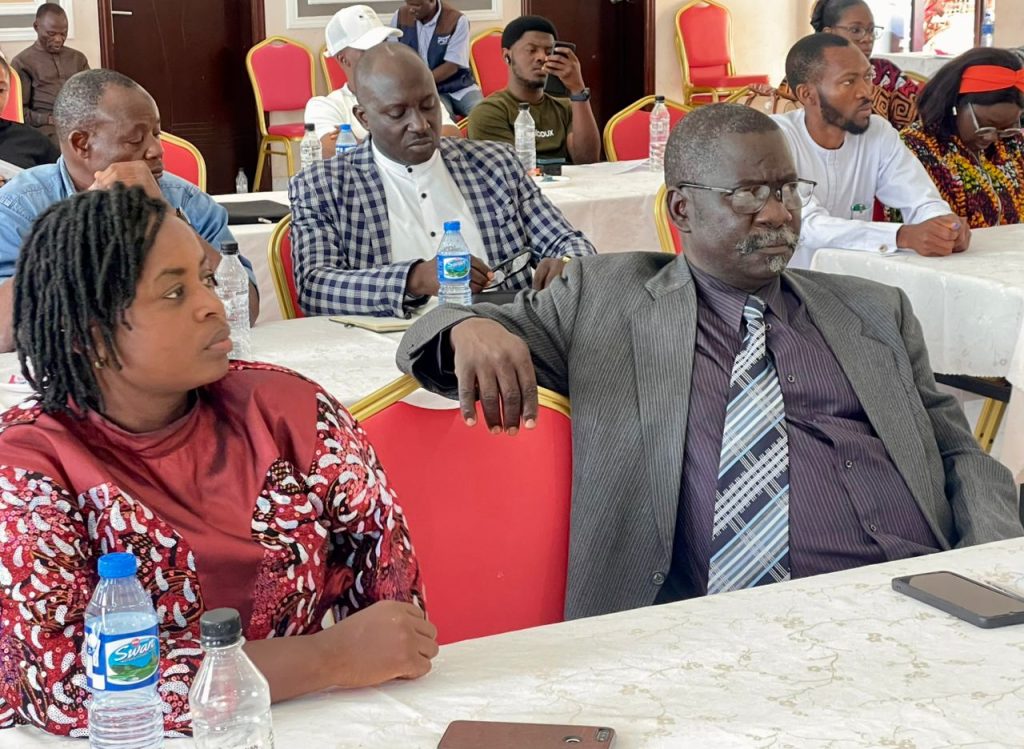
Participants further engaged in fish-bowl breakout sessions around three key thematic areas: Displacement, Shelter & Host Communities; Food Security, Livelihood & Nutrition; and Education in Emergencies & Peace-Humanitarian Nexus. Discussions revealed challenges such as high school drop-out rates, inadequate learning facilities, overstretched host communities, and declining agricultural productivity — all linked to conflict and climate-related shocks.
Stakeholders recommended increased education funding, enhanced teacher welfare, and community-based support systems for displaced persons. They also called for livelihood empowerment initiatives to strengthen food systems and restore sustainable learning and housing solutions.
In conclusion, participants collectively reaffirmed their commitment to deepening collaboration and operationalizing the HDP Nexus as a practical roadmap for sustainable peace, resilience, and inclusive development in Plateau State.
The Plateau Peace Architecture Forum (PPAF) stands as a testament to PSPBA’s leadership in promoting an integrated approach to peacebuilding — one that bridges humanitarian response, development recovery, and enduring peace for the prosperity of Plateau’s communities.
